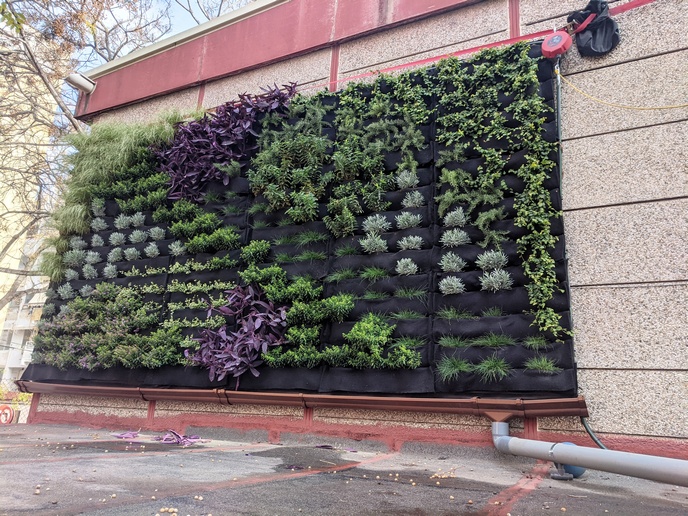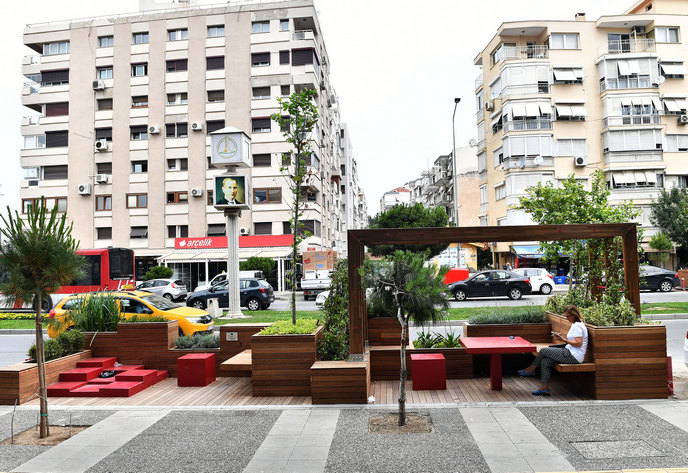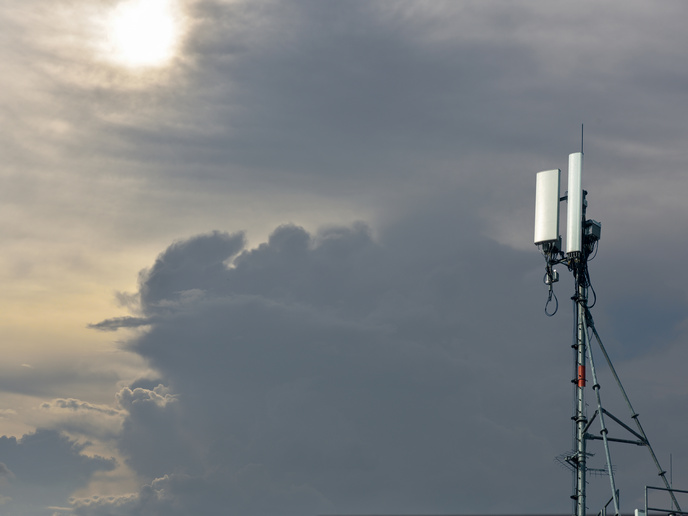The one planet economy network
European consumption is growing exponentially at a rate that will not be sustainable in less than two decades. By 2030 we will require two planet Earths to cover our needs instead of one. The economy needs a new model that respects environmental limits while being socially and financially sustainable. The EU-funded project 'One planet economy network: Europe' (OPEN: EU) explored how consumption and production patterns can become more sustainable over the next few decades. The project brought together eight international universities, institutes and organisations, including the World Wildlife Fund (WWF) in the United Kingdom and the Global Footprint Network. It developed consumption indicators within an interactive software tool for EU policymakers, creating a network for decision makers, civil society organisations (CSOs) and businesses to foster a one planet economy. Already, the network and use of the software tool have increased transparency in decision making as well as supported policymaking in numerous ways. The project has also helped encourage the adoption of the indicators and develop evidence-based policy for the transformation to a one planet economy. More specifically, work on the indicators involved combining national economic accounts and trade statistics using an environmentally extended multi-regional input–output (MRIO) model. This greatly facilitated the evaluation of the environmental impact of consumption and production at the national level. It helped track the flow of goods and services among 45 countries and regions covering the global economy for 57 product categories, including food, housing, transport, and other goods and services. In parallel, the project's scenario modelling and policy assessment tool helped quantify different one planet economy scenarios developed by the stakeholders. This yielded the first policy-relevant assessment of what will be required across every sector to live within the limits of one planet. Moreover, OPEN: EU explored linking its network with The Friends of Europe Network and the Green Economy Coalition to advance one planet economy discussions beyond the project's lifetime. To further its aims, the project team launched the OnePlanetEconomyNetwork.org website, which has attracted over 80 organisations to the network's fold. It conducted events such as the Green Week online debate, and articulated an action plan that made its way to global environment-led discussions. Another major project achievement was the informative www.eureapa.net website, which represents the most comprehensive online footprint tool to date. Through this project, it is expected that policymakers can propose better informed solutions for issues ranging from freshwater consumption to sustainable use of natural capital worldwide. Decision makers will finally be able to identify and implement policies that lead to a one planet economy in Europe by 2050.







